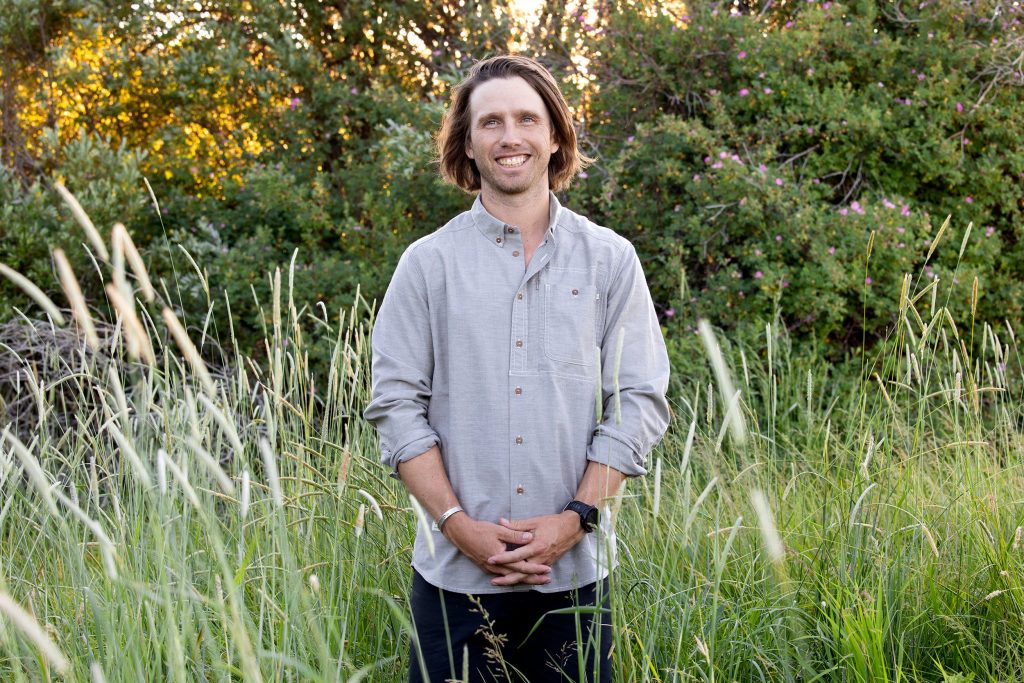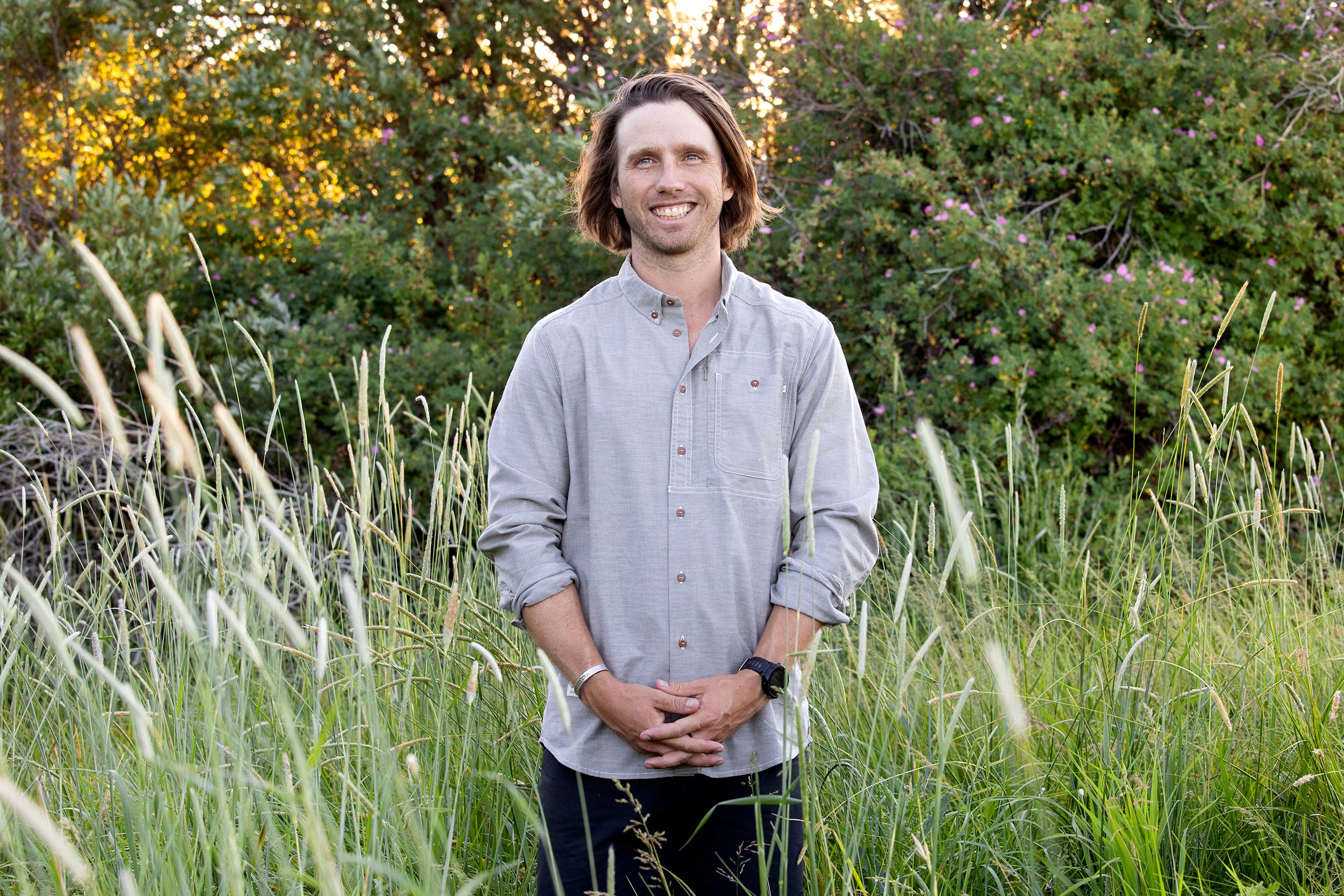
Janie Osborne for Insider

This article is part of our Life With Intention series about high achievers who exemplify intentional living.
Charles Post's career path has taken turns in many directions – but each detour has led him to a life with purpose.
Post, a trained ecologist living in Bozeman, Montana, dropped out of a doctoral program at the University of California Berkeley with no backup plan.
Since then, he's turned a passion for the natural world into a lifestyle that fulfills him.
Post, 33, has directed wildlife documentaries, worked at a ranch shoveling horse poop, and co-founded a nonprofit called The Nature Project, which pairs athletes with kids to learn the joys of getting outside.
Post, who believes that everyone is capable of optimizing their interests, offered advice on how to employ your predilections to create the life you want.
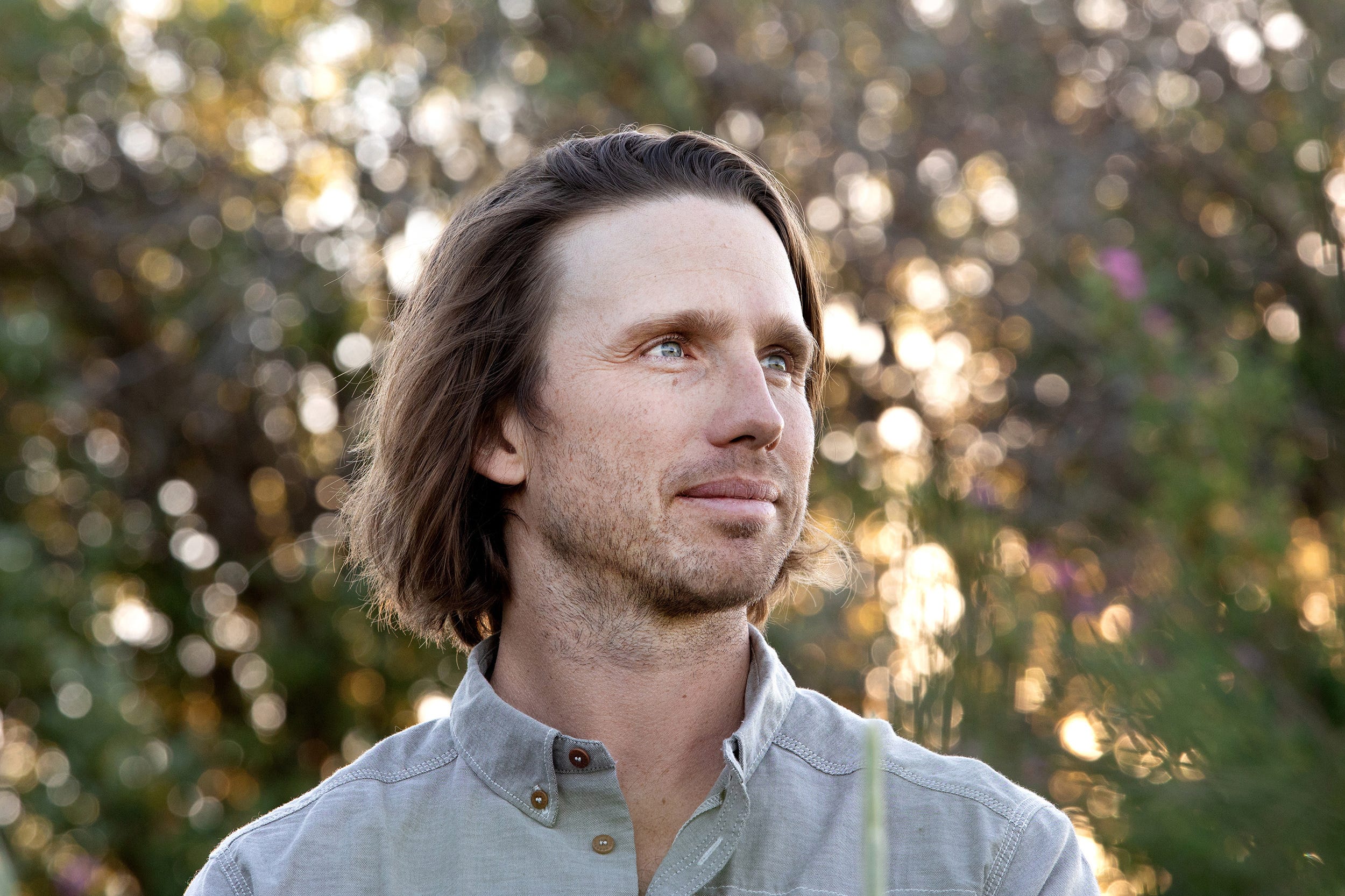
Janie Osborne for Insider
1. Turn forks in the road into opportunities, and don't be afraid to pivot
Post grew up surrounded by nature. He was raised by a family of conservationists, so he found his passion outside in his northern California home's dirt and creeks.
While he said his interest in the environment came quickly, he didn't know what a career path involving nature would look like.
Post told Insider he remembers career days in elementary school when students' family members would present about their jobs as doctors, firemen, and lawyers - but he didn't see many scientists or people working in nature, he said.
Later, when he started studying ecology as an undergraduate at the University of California Berkeley, he learned about science careers that enticed him.
After earning a bachelor degree in watershed ecology, Post joined a doctoral program in ecology at the University of California Berkeley and started teaching undergraduate students. Stoking students' curiosity about the environment made him realize that he loved connecting people with nature - something he said his doctoral program wouldn't lead to.
Not everybody has a passion that's gin-clear and realized, but it doesn't mean they can't develop and cultivate one.
Instead of continuing on his set path, Post pivoted. He said he dropped out of the program with no set plan.
"I didn't know what the outcome would be or even where the door was, but I just knew that the things that fulfilled me and compelled me weren't necessarily in the hallways where I was working," he told Insider.
Since leaving his doctoral program, Post has meshed his ecology background with his creative side by working on award-winning films, using words and photography to get people thinking about the environment, and building his education-focused charity The Nature Project.
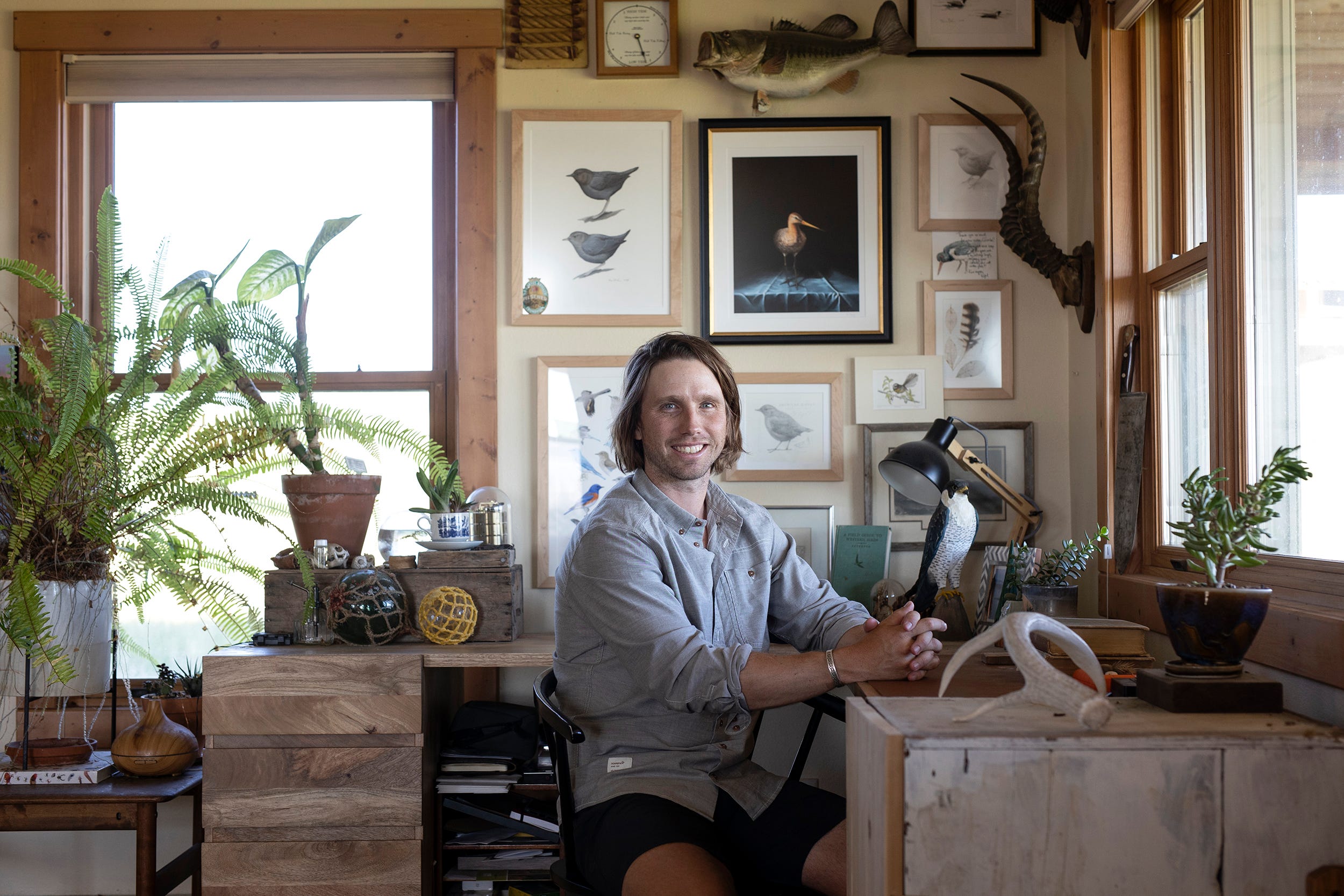
Janie Osborne for Insider
2. Explore interests and activities that you're curious about, even if they seem intimidating
Looking back, Post said that dropping out of the academic program was one of the best decisions he made - but it wasn't an easy one.
Sometimes making tough decisions can lead you to a happier life, he said.
He also added that if there's something you're curious about, explore it.
If you want to know how to take care of plants, try starting your own garden. If you're interested in birds, grab a pair of binoculars. If you want to hike, start small and work toward big goals.
Post said it can be intimidating to try something for the first time, but the rewards can be transformative.
"Not everybody has a passion that's gin-clear and realized, but it doesn't mean they can't develop and cultivate one," he said.
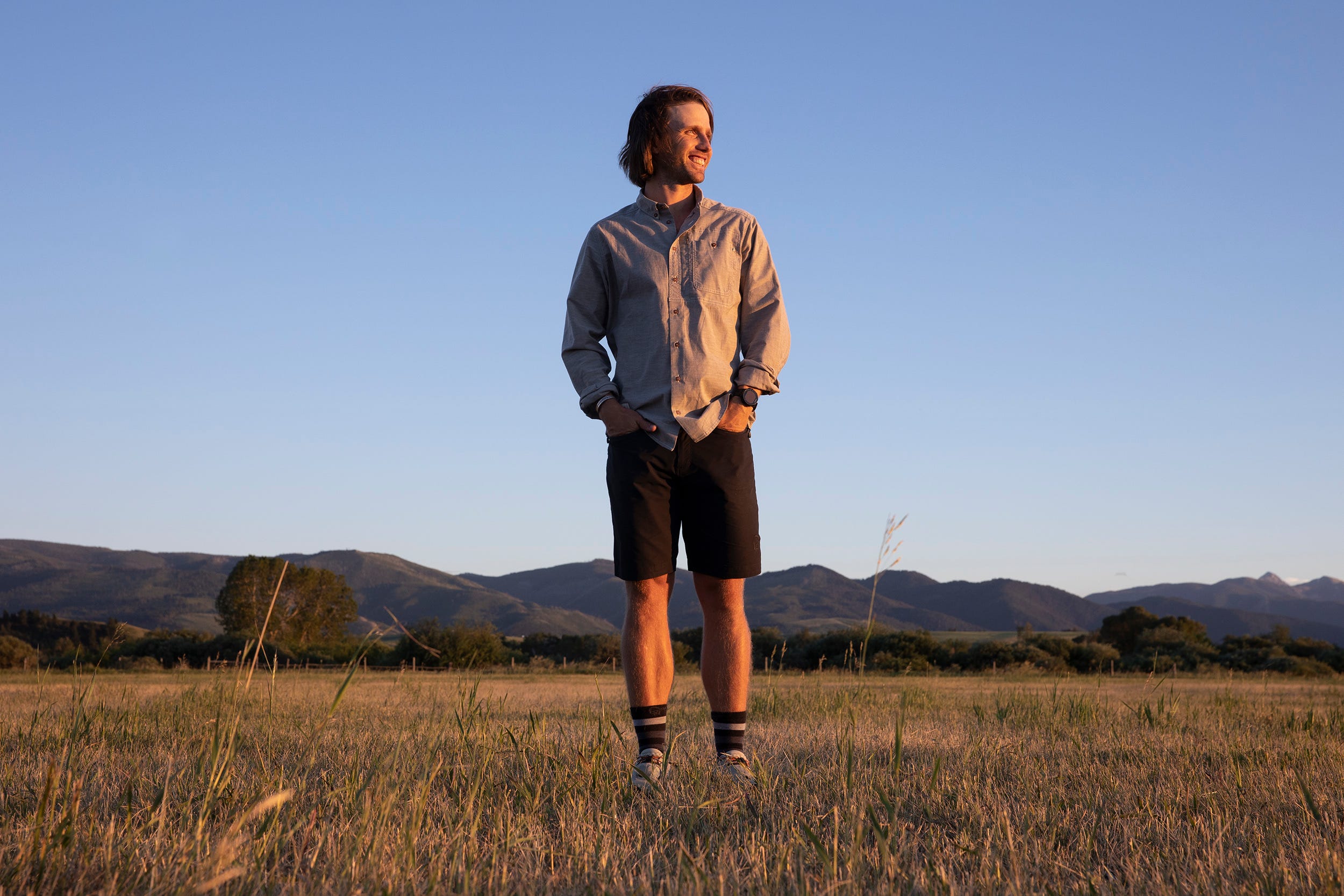
Janie Osborne for Insider
3. Prioritize your passions on a daily basis
For Post, living in harmony with nature and getting outside is imperative to his life of fulfillment.
Outdoor adventures don't have to require faraway destinations or an extravagant budget. Instead, Post said slow down, look, and listen to the animals and plants that surround you.
"Get binoculars, go outside, and turn your phone off," he said.
"This winter, instead of heading to fancy ski resorts, Post and his wife, Rachel Pohl, grabbed their skis and explored their backyard in Montana.
Post said turning your passion into a full-fledged lifestyle is a long-term investment.
"It's not always easy, it's not always fun, and you're not always doing that thing that you love," he said. "But you're investing in that account that ultimately facilitates the thing you love."
